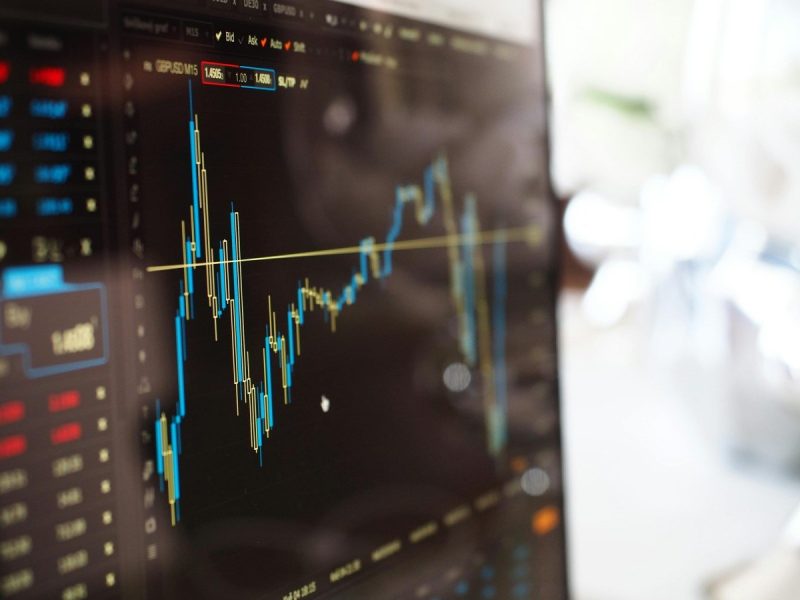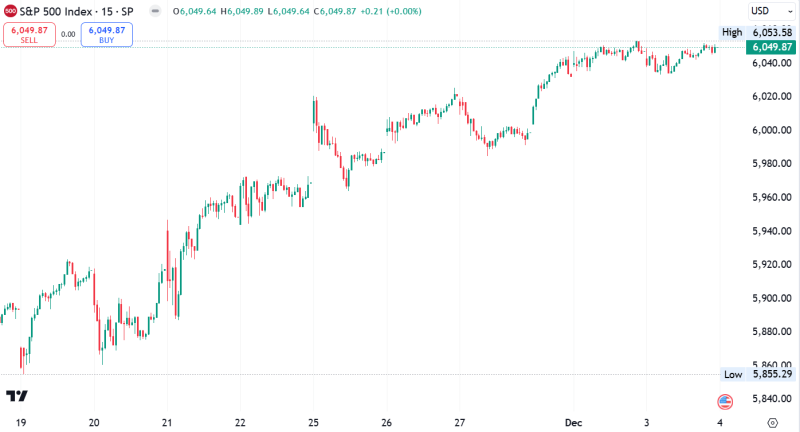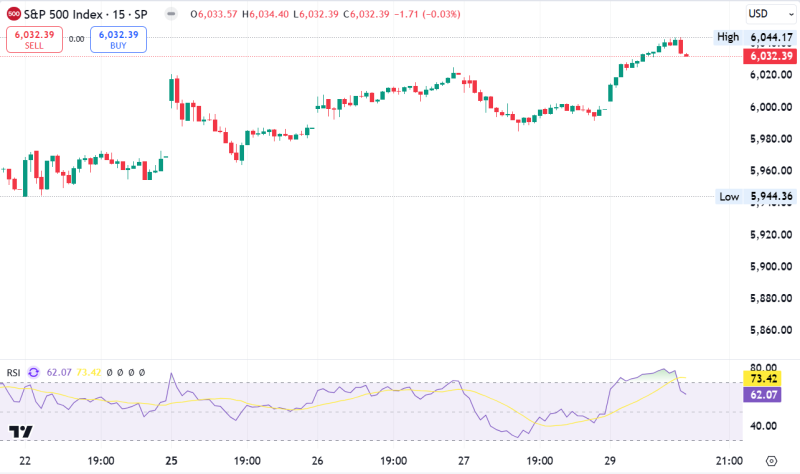Asian Stocks Plunge Amid Global and US Recession Fears

Global Markets Plunge Amid Middle East Tensions, US Fears
Asian stocks traded in bearish territory on Monday, suffering losses as concerns about economic recession soured investor sentiment. Market participants fear that volatility will increase with tensions rising in the Middle East. That’s not an attractive prospect.
US futures plunged today as news of Iran’s possible attack on Israel broke. The country plans retribution for the Hezbollah and Hamas officials’ assassinations. War brings instability, and both Israeli and Saudi Arabian shares ended in the red on Sunday, shaving off more than 2%. Other stocks, including Japanese, Hong Kong, and Australian ones, also declined.
In the Middle East, conflict has been brewing for some time now, and as it worsens, more and more investors are contemplating selling out and moving to more stable assets. Meanwhile, analysts are predicting that the end of 2024 will be more turbulent.
Wall Street’s fear gauge VIX index hit its highest level in almost a year and a half, and the bond market volatility gauge soared. And let’s not forget that the US is facing an election race, which is becoming more complicated as time passes. It’s hard to predict how this election will end and who will come out the winner.
While Joe Biden and Donald Trump are warring over the presidency, the American jobs data showed weak results, expounding the fears of economic downfall. According to the report, US nonfarm payrolls increased by 114,000 last month. That is the lowest figure since the COVID-19 pandemic. Officials lowered the job growth estimate twice in the past months. On the other hand, the jobless rate hit a 4.3% high in April 2024. This economic uncertainty is likely to affect Asian stocks as well.
How Are the Major US Indexes Faring Today?
The S&P 500 tumbled down by 1.8% on Friday after the release of job data. On the other hand, Intel Corp. shaved off a whopping 26%. This company suffered greatly because of the weak growth forecast. Low tech earnings only added to its misery.
Nasdaq 100 plunged by more than 10% as the same results from other tech companies pushed it down from the recent peak.
Shane Oliver, head of investment strategy and chief economist at AMP Ltd. in Sydney, stated that global and Australian stocks might experience more losses in the coming months. He also added that traders should wait for some time and avoid buying the declined stocks now, as a correction is expected.
While shares collapsed, US Treasuries jumped higher. Investors contemplate the US Federal Reserve’s decision to maintain the current interest rates. That might contribute to the economic slowdown. This is a fine line to walk on – if the Fed lowers interest rates, inflation will soar, and if it chooses the opposite path, inflation slows down but so does the economy.
Thus, typically, reports about tightening cause the stocks’ decline. Some analysts think that the agency will have to cut the interest rate by 50 basis points in September 2024.
Brian Rose, a senior US economist at UBS Group AG’s wealth management unit, noted that both core PCE inflation and the unemployment rate came out below the Federal Reserve’s estimations. So, the agency might risk taking a more aggressive path.
Asian Stocks Today: Losses and Gains
Asian stocks losses were substantial on Monday. Japan’s Nikkei 225 index dropped by more than 12.4% on Monday. It hit 31,458.42 points late in today’s session. On the other hand, the Tokyo Stock Price Index (TOPIX) shaved off more than 12.2%. Overall, Japanese stocks suffered the greatest losses during this session since 1987.
Most other major indexes ended in the red today, as well. For example, South Korea’s KOSPI plunged by 8.9%, with Taiwan’s TAIEX losing substantial amounts as well. It ended the session lower by 8.35%.
Meanwhile, Singapore’s STI Index fared a bit better, plummeting only by 4.7%. Australian ASX 200 decreased by 3.7%, as well.
Asian stocks news further disheartened investors, who were already worried about the weak US jobs data. Consequently, they are now waiting for reports about the private Caixin China services. The latter will gauge China’s economic strength, along with composite activity data.
In July 2024, several Chinese officials announced that government aid for boosting domestic consumption would be insubstantial. They decided to focus their resources on other endeavours. Traders met this news with ambivalence: it remains to be seen whether this news has a good or bad impact on the world’s second-largest economy.
As Asian stocks plunged, European shares followed. The London Stock Exchange’s FTSE 100 index fell by almost 2% on Monday. Meanwhile, the STOXX Europe 600 index shaved off over 3%. As you see, losses on Wall Street were much greater, though.
In Asia, traders are focusing on Thailand and Chile’s inflation data. That will help them determine the respective central banks’ policy. Peru and Mexico will also announce their decisions about hiking interest rates soon.
What About Australia?
The Reserve Bank of Australia is planning a policy meeting to decide whether policy tightening is needed. Thus far, investors are betting on the bank lowering the rates at the end of the year. That means positive sentiment for the markets and increased stock prices. However, a lot depends on the global political climate. Major economies, such as the US and China, affect other countries’ financial markets.
That’s why traders are watching like hawks for news about US economic activity. Chris Weston, head of research at Pepperstone Group, noted that investors are currently overbuying the bond market because of global tensions. However, some positive data would slow down this purchasing spree and improve the market’s mood.
There’s one more option, though. If the data proves negative, people will continue buying bonds or lowered stocks, but that might not be very effective. Still, short-term traders might manage to profit a bit.
Japan Stock Market Is Plunging. How Much Did the Japanese Shares Lose?
In other Asian stocks news, Japan’s stock market declined by 12% during this session, experiencing its worst trading day in the last 37 years. The Topix index collapsed, losing all of its gains for 2024 today. Moreover, the stock suffered the toughest sell-off since October 1987.
Market participants from Tokyo think that this selling was just part of a large correction caused by the risk-off mood on the global exchanges. However, Japanese stocks suffered more as the native currency – the yen soared. The latter gained almost 12% over the last two weeks. Today, it added 3% against the US dollar.
While the yen’s gains are good news for some, many Japanese companies suffered because of its sudden rally. The Bank of Japan decided to become more hawkish and increase its rates, prompting the currency’s jump.
Jason Liu, the head of APAC equity and derivative strategy at BNP Paribas, stated that the country seems to be the hive of economic activity lately. Some of the global funds are liquidating their assets in Japan currently.
How Are the US Recession Fears Affecting the Asian Stocks?
The possibility of US economic downfall is heavily weighing on the global markets. Moreover, investors fear that theFed’s response to the recession will be too slow to rectify the situation soon. If the worst happens, the agency might be forced to cut interest rates rapidly, but that would cause other problems for investors.
Analysts forecast only 1.25% points of cuts for 2024, but that might change if the new data proves negative. The rising tensions in the Middle East aren’t helping the situation. They are adding more pressure to already struggling markets.
Investors are selling blue-chip tech stocks and moving to safe-haven assets. Seema Shah, chief global strategist at Principal Asset Management, thinks that the shares might experience some short-term recovery soon, but new reports hold the power to send them in the red again.
Overall, investors should remain vigilant and follow the global news, including updates on Asian stocks, to avoid losing their capital because of market volatility. Stay tuned to learn more about the share prices.
The post Asian Stocks Plunge Amid Global and US Recession Fears appeared first on FinanceBrokerage.




